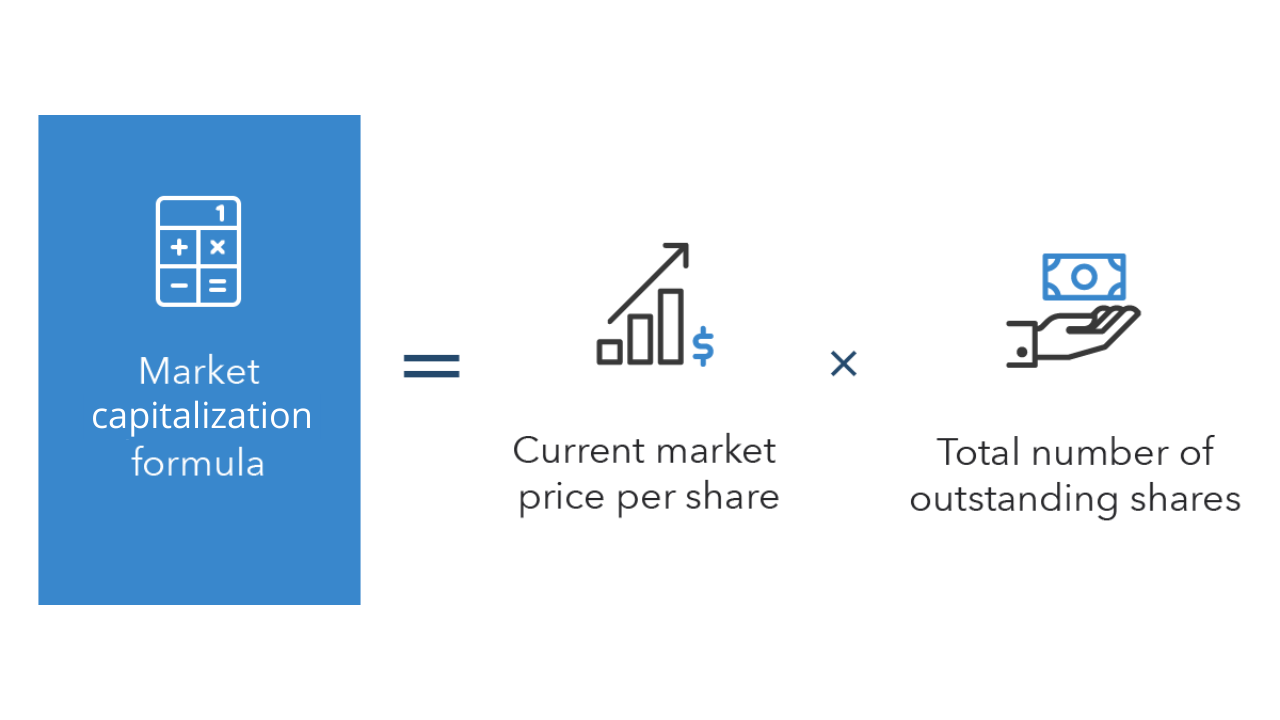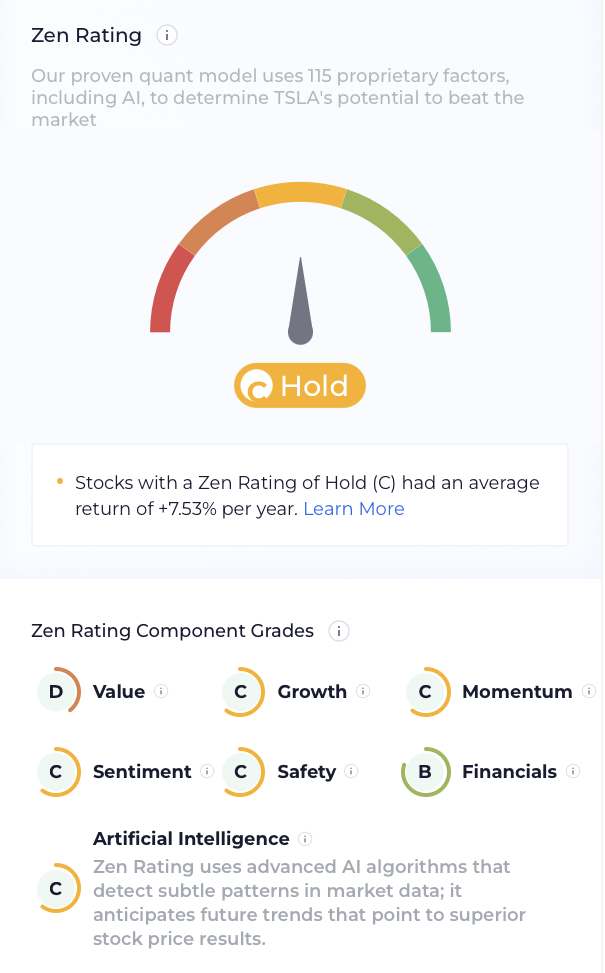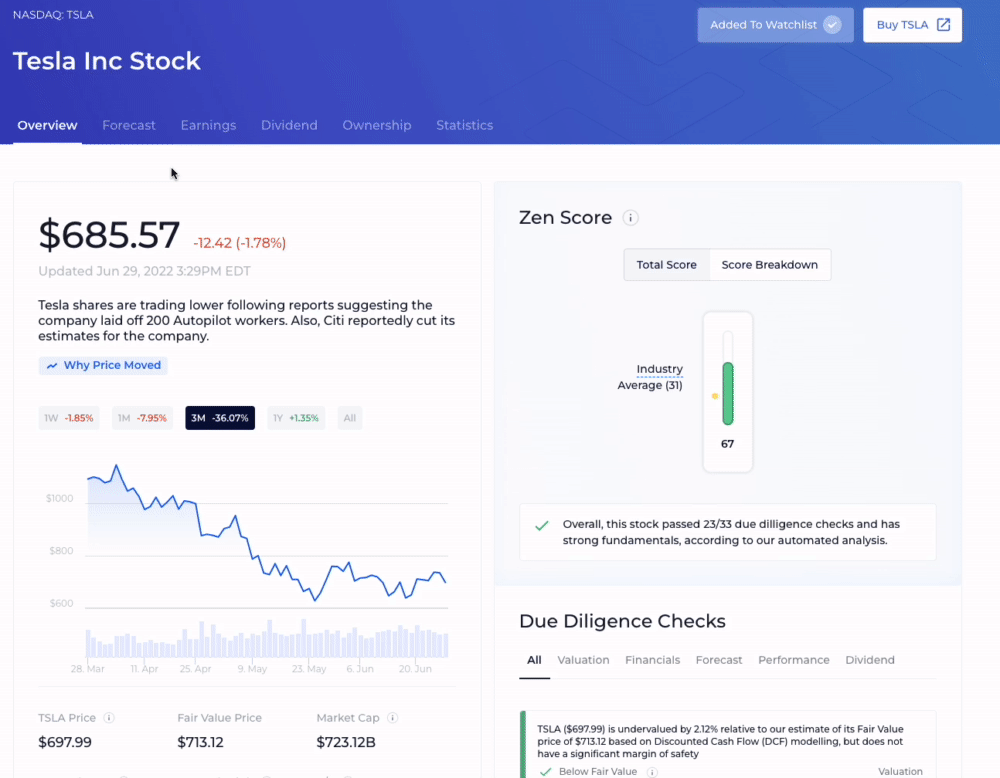“Price is what you pay; value is what you get.”
-Warren Buffett
The reason to buy a stock is no different than the reason you buy anything else, like toothpaste.
If you run out of toothpaste and go to the store to get more, you’ll pick your favorite brand and go pay for it.
In this process, you’ve decided that the toothpaste is worth more to you than the $3.50 you have to pay in order to acquire it.
Value (what you get) > Price (what you pay/give up)
This is the basis for every transaction, including investments.
Long-term, fundamental investors are looking for stocks whose value is worth more than their prices.
As such, these are the 2 factors to consider when buying stocks:
- Value (buy great companies)
- Price (at fair or better prices)
Given these 2 factors, how do you know what stocks to buy?
When the value is worth more than the current price, we buy.
When the value is worth less than the current price, we sell.
This concept is relatively simple to understand, but it’s much harder to put into practice (which is exactly why we built WallStreetZen).
For instance, is Tesla (NASDAQ: TSLA) at $735.19 a good buy?
That’s the real question.
We’ll break it down below.
Ever wish you had a smart investor buddy who could help you pick out awesome stocks? If so, you might be interested in our new stock-picking newsletter, Zen Investor. As a member, you receive stock picks, commentary, portfolio updates, and webinars from stock market veteran Steve Reitmeister, who hand-selects stocks through a proprietary 4-step process using WallStreetZen tools.
The result? You get additional focus in your investing and more free time. Try Zen Investor.
Price: What to look at when buying stocks?
Stock prices are basically meaningless.
Sure, once you’re the owner of a stock you will want the price of the stock to increase – that is, after all, how we make money as investors.
But before you’re a shareholder, the price of the stock does not necessarily mean anything to you, at least on its own.
When you’re trying to determine what stocks to buy, you should not pay attention to a company’s price per share.
Market Capitalization
Market capitalization (aka “market cap”) is the current value of a company.

If stock ABC has a share price of $10 and stock XYZ has a share price of $100, which company is worth more?
Your instinct may be to say XYZ, but what you should be asking is how many shares are outstanding?
Stock ABC has 1 billion shares outstanding, meaning the company’s market capitalization is $10 billion ($10 per share x 1 billion shares), while stock XYZ has just 1 million shares outstanding, giving it a market cap of just $100 million ($100 per share x 1 million shares).
In reality, the market cap is the real price you’re paying when you buy a stock, not the share price.
So while TSLA may be trading for $735.19 per share, Tesla’s market cap is $763 billion, which is the real price we would be paying if we were to invest in its shares today.
Value: What to look at when buying stocks?
What should we look for when buying stock of a company?
Specifically, how do we measure a company’s value?
This is where it really helps to have a powerful fundamental analysis platform like WallStreetZen (and its Zen Ratings)
While each investor’s exact process is unique, there are multiple overlapping categories that can help you identify the highest-potential stocks:

Relative Valuation Metrics
The most common way to value a stock is by using relative valuation ratios.
These ratios can be used to compare stocks with different share prices, earnings per share, and across industries.
Remember, these ratios don’t necessarily signal a good stock to buy on their own. Rather, they indicate companies which are being valued either higher or lower than other companies.
For example, TSLA’s P/E of 84.44x indicates Tesla is being valued much higher than Ford (NYSE: F), which has a P/E of 12.95x.
This doesn’t necessarily mean TSLA is a buy and F is a sell (or vice versa), just that investors are willing to pay a much higher price to own part of Tesla than they are to own part of Ford.
Zen Ratings distills 115 factors that form stable growth into simple, easy-to-read letter scores. For instance, the value rating
- Estimated earnings yield: Compares earnings expectations to current stock price.
- Earnings Before Interest and Taxes/Enterprise Value: Assesses operating profits relative to total business value.
- Cash flow yield: Evaluates the relationship between a company’s cash flow and its stock price.
- Free cash flow to price: Assesses value relative to a company’s ability to generate free cash flow.
- Price-to-earnings growth (PEG) ratio: Balances price-to-earnings with growth expectations.
Future Outlook and Analyst Forecasts
A large part of a company’s current valuation is based on expectations of its future growth. This is why Tesla (a fast-growing and innovative company in a hot industry) is trading at a much higher valuation than Ford (an already large, much less exciting company).
The higher a company’s growth potential and the higher the likelihood of it achieving that growth potential, the higher the valuation it should command.
If you’re able to accurately predict the future of a stock or industry, especially if it’s currently undervalued, you can make a lot of money as an investor.
If you’d rather trust the expert analysis of the top Wall Street analysts and their future forecasts, you’ll love WallStreetZen’s Top Analysts.
You can see each stock’s analyst projections on the Forecast tab:
Financial Risk Metrics
All companies face risks from competition and the potential for an economic downturn is always looming.
As such, it’s important to buy high-quality companies with high-quality financial statements.
If you didn’t graduate with an accounting degree, WallStreetZen’s Zen Score comes in handy. It distills the following financial metrics into a simple, easy to read score:
- Free cash flow to return on assets (ROA):Evaluates profitability and efficiency in asset utilization.
- Gross profit to assets: Measures how efficiently a company is generating profit relative to its asset base.
- Long-term debt to assets: Assesses leverage and the company’s debt burden relative to its assets.
- Cost reduction: Tracks operational efficiency improvements through cost savings.
- Return on equity (ROE): Measures a company’s profitability in relation to shareholders’ equity.
Combining Price and Value: How do you know what stocks to buy?
Once you’ve understood the relationship between price and value and begun to research and analyze stocks based on these 2 components, you are performing fundamental analysis.
(The P/E ratio attempts to do just that – click to find out what is a good P/E ratio for a stock.)
At its heart, fundamental analysis is determining a stock’s real value and either buying or selling based on if the stock is trading at prices that are lower or higher than its real value.
As I mentioned above, much of a stock’s value is based on the expectations of its future growth. But if a stock’s value is based on our expectations of its future, how do we determine its real value today?
That’s a great question, and what makes stock-picking as much art as it is science.
Interested in paying for stock picks? Click here for the best stock recommendation service.
(Click here for my article on when to buy and sell stocks.)
What stocks should I buy?
Every investor has their own method for determining value and has their own risk tolerance, beliefs about the future, investment time horizon, and goals.
As such, everyone answers the question “What stocks should I buy?” uniquely.
Is Tesla at $735.19 a good buy?
Ultimately, that’s for you to determine.
Personally, at a market cap of $763 billion and just $62 billion in revenue and $8.4 billion in earnings, TSLA’s valuation is far too stretched for me to invest.
But there are many who believe the exact opposite of me. And only time will tell which of us is right.
If you’re very bullish on Tesla’s future and are willing to pay a premium to be a part owner of the company, you may decide to buy a few shares.
If you believe Tesla’s price is higher than what the company is actually worth, you may decide to look for another stock to buy.
This is the process you will repeat until you fill your portfolio.
Your turn! Head over to WallStreetZen and start performing your own fundamental analysis now.
It’s free!
If you’re wondering what does DD mean in stocks, due diligence is synonymous with fundamental analysis – and you just learned it!
Where to invest $1,000 right now…
If all this talk of fundamental analysis has your head spinning, I get it.
Fortunately, you can benefit from stock-picking experts who specialize in fundamental analysis and who study business trends all day long.
Using these processes, Motley Fool’s Stock Advisor has identified huge winners like Amazon, Costco, priceline.com, and Netflix, WAY before the public started buying.
In fact, this newsletter has consistently beaten the market:
And they just released their latest stock pick:

Summary
Remember, stocks are really just big businesses. When you buy shares of a company, you’re becoming a part owner of that company.
You’re also investing your hard-earned money. As such, it’s important to do thorough research and analysis into the company’s business fundamentals and its future prospects.
Once you’ve determined a stock’s value, you can compare that to its current stock price and market capitalization to see if it’s worth the investment.
For long-term investors, fundamental analysis is absolutely essential for making high-quality investment decisions.
WallStreetZen was built for serious investors like you who want to take their stock-picking to the next level, with in-depth analysis.
Our automated due diligence checks have transformed the fundamental analysis process for thousands of investors, transforming hours of painful analysis into minutes of easily digestible graphs, charts, and data.
Make better investing decisions in less time.
FAQs:
How do you decide what stocks to buy?
If you're a long-term, buy-and-hold investor you should be trying to buy stocks that are undervalued - the price you're paying for the company is less than what the company is actually worth.
What are the best stocks to buy for beginners?
If you're a beginner, it may be best for you to buy an index fund like the S&P 500 (ticker: SPY) or the entire U.S. market (ticker: VTI).
If you want to buy individual stocks, some popular ones are Apple (ticker: AAPL), Alphabet (ticker: GOOGL), Microsoft (MSFT), and Coca-Cola (ticker: KO).
How do you know what stocks to look at?
To find stocks that are more valuable than they're currently trading for, it helps to look at companies you understand.
Start looking at businesses in an industry you know well or companies whose products you use regularly. From there, do a deep dive into each company's fundamentals and try to find undervalued stocks.
Read more: If you enjoyed this article, you may also like one of my articles on how to predict stocks, what makes stocks go up and down, how to buy stocks online, or how to start investing with little money.
Where to Invest $1,000 Right Now?
Did you know that stocks rated as "Buy" by the Top Analysts in WallStreetZen's database beat the S&P500 by 98.4% last year?
Our February report reveals the 3 "Strong Buy" stocks that market-beating analysts predict will outperform over the next year.








